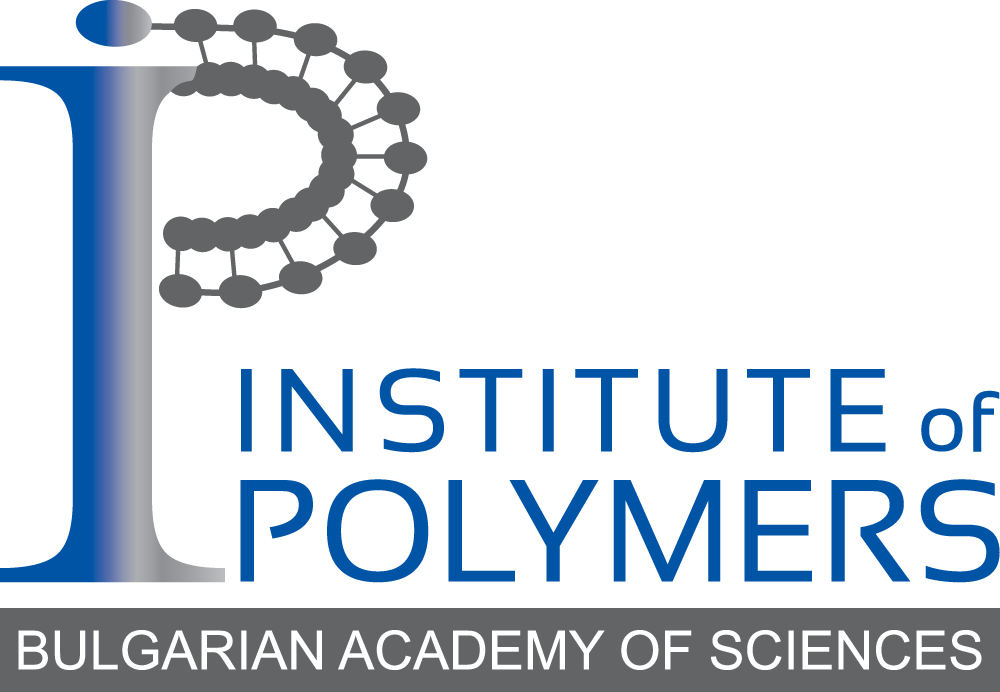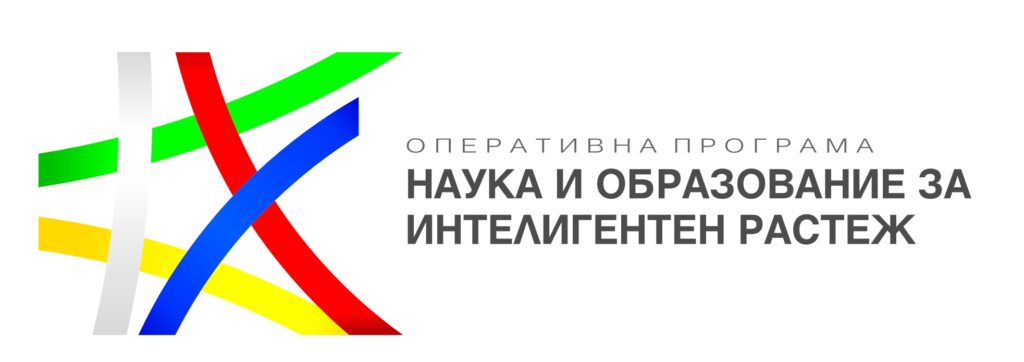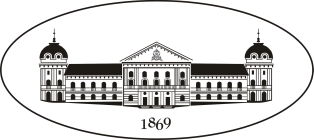
Design and characterization of conventional and modified niosomes and of hybrid, stimuli-sensitive in situ gel-forming dosage forms prepared thereof as effective drug delivery platforms
Project KP-06-N43/3
Coordinator:
Prof. Denitsa Momekova
Base organization:
Medical University – Sofia, Faculty of Pharmacy
Partner organizations:
Institute of Polymers – Bulgarian Academy of Sciences
Start:
30 November 2020
Duration:
36 months
Summary:
The research work on the project is structured in three main directions: 1) Preparation and characterization of conventional niosomes loaded with model active substances; 2) Preparation and detailed characterization of modified niosomes loaded with model drugs and 3) Development of hybrid, stimulus-sensitive in situ gelforming dosage forms with included conventional and modified niosomes loaded with model active substances. A detailed study of the physicochemical characteristics of the obtained niosomes as a function of the conditions of the production method on the one hand and on the other hand, as a function of the type and amount of surfactants and cholesterol and the amount of loaded active substance. The study of these parameters will open up new possibilities for drug loading in niosomes, which is one of the aspects that have not yet been clarified, despite intensive studies of niosomes as carriers. An integral part of the research will be the study of the influence of the included niosomes on the formation and rheological properties of the gels. This will help to clarify the fundamental characteristics of these innovative dosage forms and the release mechanisms of the drugs involved. In the successful implementation of the project the expected results are related to the production of conventional and modified niosomes, which will be part of hybrid stimulus-sensitive dosage forms with high therapeutic efficacy and significantly lower toxicity and thus, optimization of drug therapy. Detailed physicochemical characterization and tracking of the influence of each parameter in the development of these systems will expand and enrich the fundamental knowledge about the technology of preparation of these systems and the factors influencing the production of homogeneous populations of vesicles with desired physicochemical properties and morphology. Experience with the development of these drug systems will expand the possibilities for the inclusion of different as physicochemical properties drugs. In addition, the work on the project will lead to a deepening of scientific knowledge and a deepening of cooperation between the teams in the project. The exceptional relevance of the project’s topics worldwide will provide opportunities for future involvement of the team in international projects.



